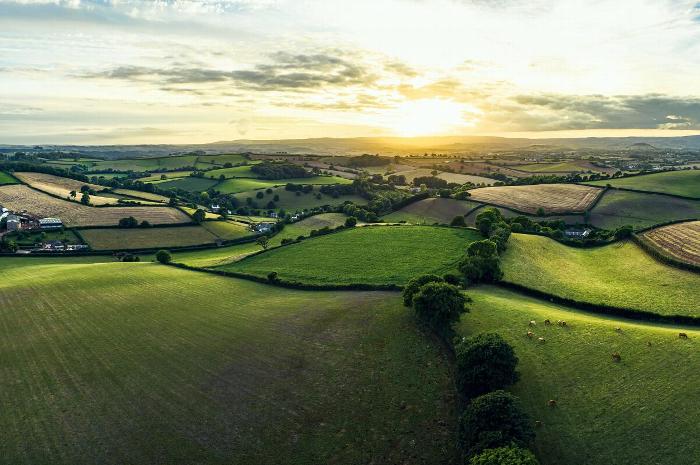Planning land development and environmental preservation depends on a thorough ecological survey. This approach calls for the identification and evaluation of ecosystems, habitats, plants, and animals inside a given area. Often, such inspections are necessary before building projects to guarantee the least environmental damage. These evaluations enable developers to strike a balance between progress and preservation in their educated decisions. Legal compliance with wildlife and habitat preservation legislation depends much on an ecological survey as well. Surveyors can assist in customizing development plans that fit sustainable and environmentally friendly practices by means of the identification of protected species and ecosystems.
The Importance of a Thorough Ecological Report
A professional ecological report is produced following an ecological site visit. This paper offers obvious, practical suggestions and details the results of the survey. Usually, the report includes statistics on species seen, habitat condition, and possible environmental consequences of suggested projects. Especially in ecologically sensitive regions, planning authorities may need these studies to approve projects. Furthermore, environmental studies give landowners and developers insightful analysis of conservation responsibilities, habitat mitigation plans, and long-term sustainability objectives. Responsible land use and biodiversity protection are built on this scientific documentation, which accurately and clearly guides choices.
Increasing biodiversity by means of early environmental planning
Including environmental issues in the early phases of land development planning proactively will help to last longer. Planning can be done without damaging important ecosystems or endangering sensitive species by the use of an ecological survey conducted prior to ground breaking. As more people want developers to preserve the natural world, this foresight can help to improve public relations and lower expensive project delays. By maintaining ecological corridors and native flora, early environmental planning helps biodiversity and guarantees that ecosystems stay connected and operational. This strategy, therefore, promotes a sustainable legacy for future generations, more resilient to climate change, and better environments.
Assisting Infrastructure Projects and Sustainable Development
Ecological knowledge becomes increasingly important in guiding sustainable initiatives as cities grow and new infrastructure is built. By providing focused advice for habitat restoration or species translocation, an ecological report can help to offset environmental stewardship with economic development. Infrastructure projects close to wetlands, woods, or coastal areas have to give serious thought to the environmental consequences of building. Ecological data helps architects and engineers to design with nature in mind by selecting greener materials, changing building footprints, and preserving natural drainage systems. Development can go on without endangering the health of local ecosystems, hence enabling responsible growth.
Ecological Consultants’ Contribution to Conservation Activities
Trained experts who conduct ecology survey and generate ecological reports are ecological consultants. Their function goes beyond mere observation; they evaluate habitat quality, examine ecological data, and suggest feasible conservation ideas. Working with developers, government agencies, and conservation organizations, these professionals make sure every project follows best practices and applicable laws. Ecological consultants are important in maintaining the balance between human activity and nature, whether they are advising on seasonal limits for breeding birds or creating green infrastructure to promote biodiversity. Their knowledge guarantees that every initiative can help to create a more environmentally aware future.
When Should One Carry Out an Ecology Survey?
Ecological evaluations depend on timing above all else. Many species are active only during particular seasons, thus some times of the year are perfect for precise surveys. Breeding bird surveys are best done in spring and early summer, for instance, while bat activity surveys are often run from May to September. Early in your planning timeline, consulting with ecological experts will enable you to plan surveys at the most suitable times. This guarantees that your ecological report is as thorough and exact as possible and prevents needless delays. The success of any ecologically sensitive project depends on early coordination.
Conclusion
Though not simple, balancing ecological integrity with developmental requirements is absolutely possible with the correct direction and procedures. While an ecological report offers the scientific basis for intelligent, sustainable choices, a comprehensive ecology survey guarantees developers know the natural assets of their site. Together, they make it possible for progress and conservation to walk hand in hand into the future. Visit tomsonconsulting.co.uk for professional ecological consulting services that follow UK rules and give top priority to environmental stewardship. Working together, let’s create more responsible, wiser, greener landscapes for future generations.

